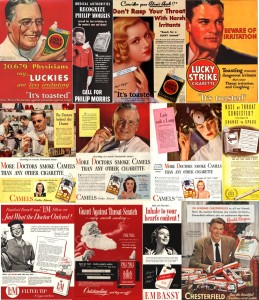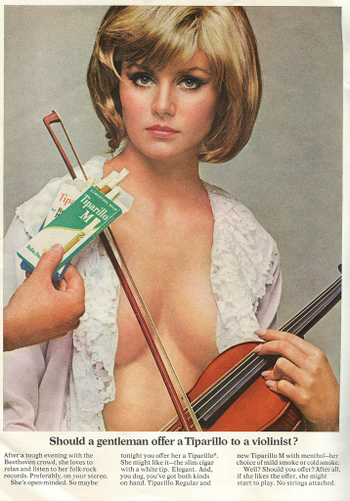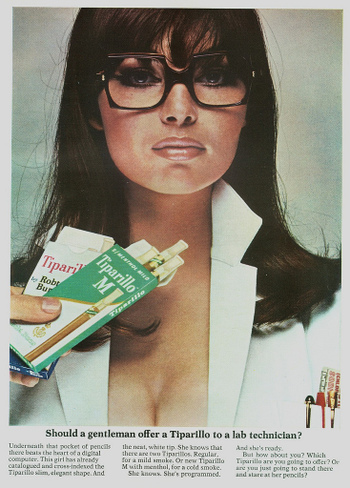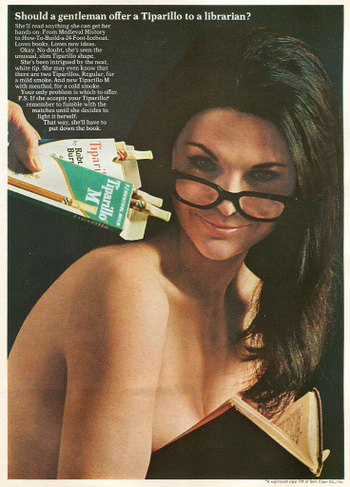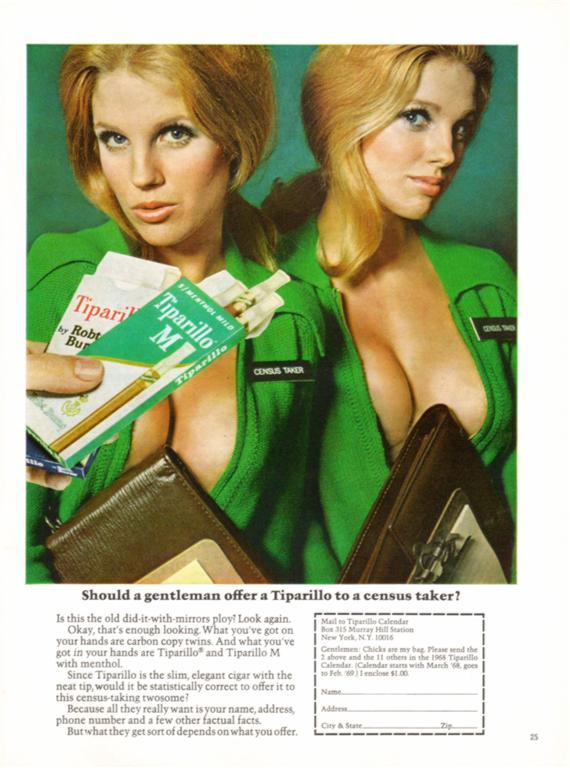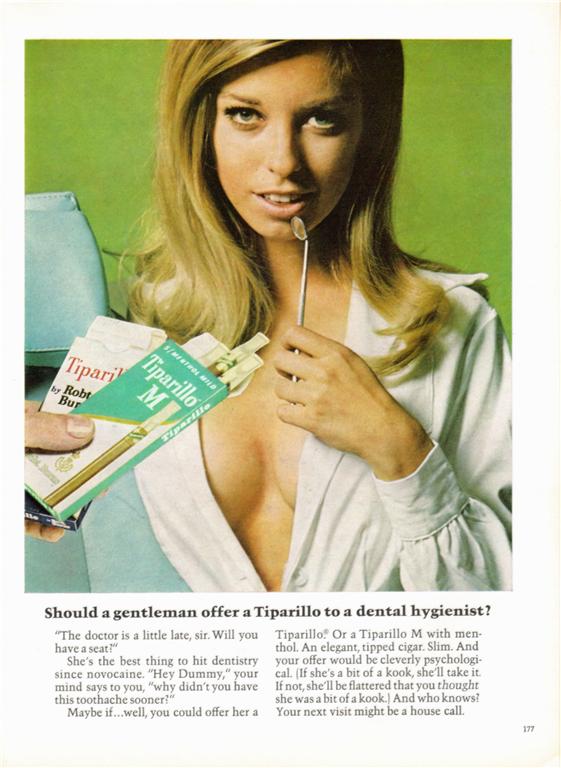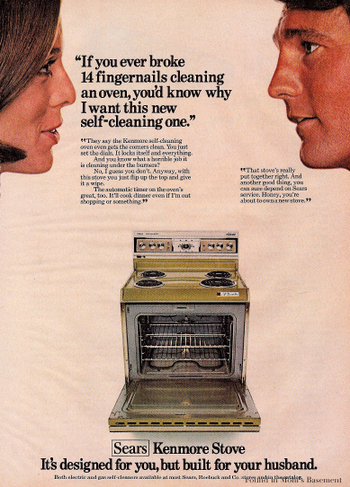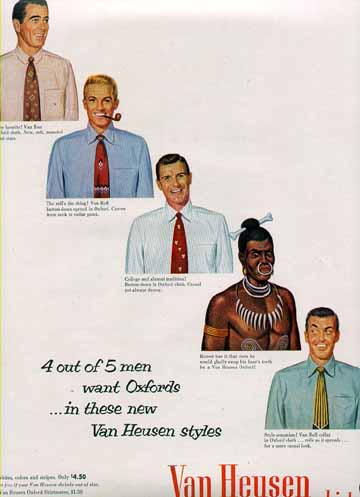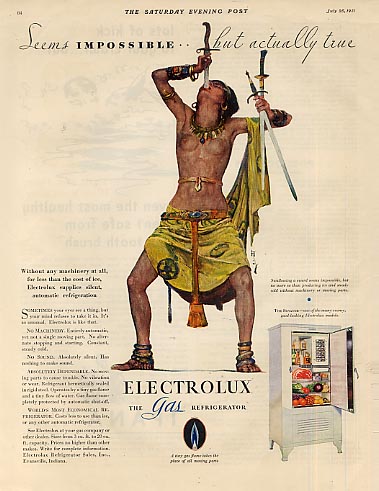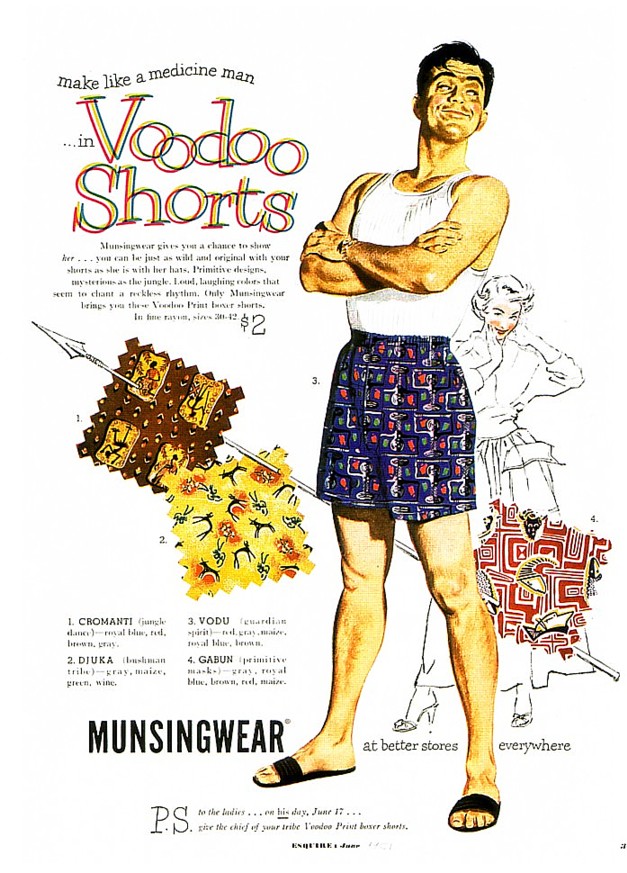Samantha J. brought me two brochures she saw at a doctor’s office the other day, one for Botox Cosmetic and one for Restylane. Here is the front cover of the Botox pamphlet:

I had seen the (ironic) “Freedom of Expression” tagline before (see here and here). But I hadn’t previously seen the “Men and women of all skin colors and ethnicities are enjoying the freedom!” line.
Here are two images found side-by-side inside the brochure:


Notice the text under the question “Who is being treated with BOTOX Cosmetic?”
Men and women of varying ethnicities have been treated with BOTOX Cosmetic. Because it works only on the underlying muscles, it is not expected to affect skin color.
I had no idea there was any concern that Botox might affect skin color. Anyway, apparently Botox is making an active effort to market to “varying ethnicities,” represented in the brochure as White and Black.
Here are three pages from the Restylane pamphlet, all answering the question, “Why do I use Restylane?”
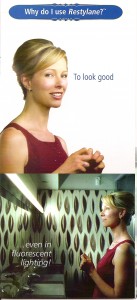
“To look good…even in fluorescent lighting!”

“To lose these wrinkles…and my inhibitions!” (Which apparently means riding a mechanical bull.)

“To hide my real age…because he thinks I’m younger than I am!”
Honestly, those last two sound like parodies of how these procedures would be marketed. I don’t know which one creeps me out more: the connection between getting Restylane and being freed of inhibitions, or the complete normalization of the idea that a woman should lie to a man about how old she is (because what could make for a happier relationship than lying?) and spend money to keep him from finding out the truth, and that if he found out, he presumably wouldn’t love her anymore…not because she lied, but because she’s too old.
Apparently Restylane is not used by people of varying ethnicities, because everyone in the pamphlet is White.
I also think it’s really creepy that these brochures were available at a doctor’s office.
Thanks, Samantha!

